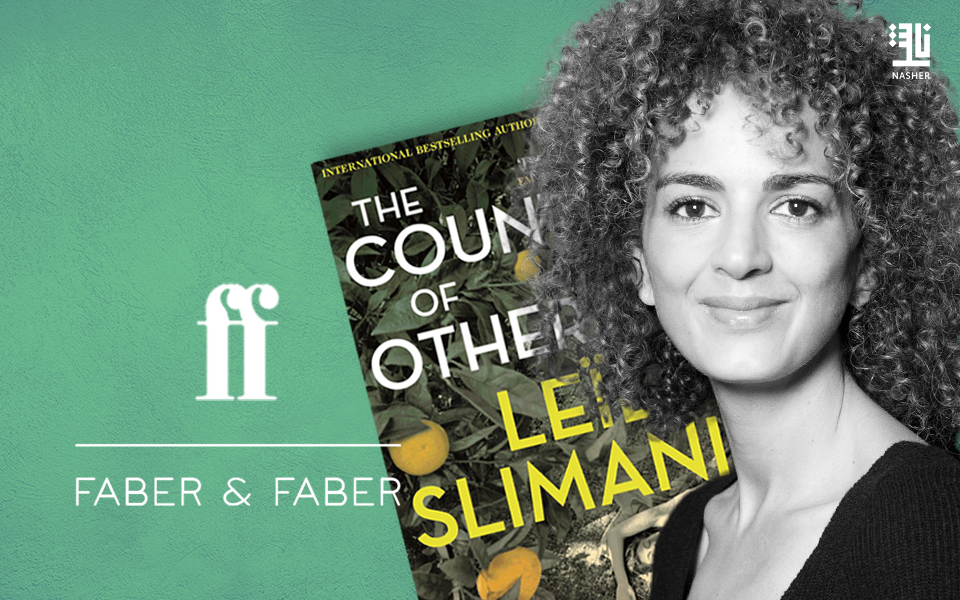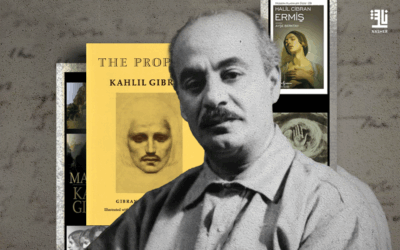Quite often fictional characters are the ‘teacher’ that us the reader have, to help us learn about a particular topic and although we know they are not real but they remain our source of information and an effective element in generating empathy and discussion.
Mental health is a subject that not many can fully understand unless the person has experienced it or knows someone that has as until recent times, mental health was a taboo subject that no one openly discussed, so it was novels that broke this taboo and began addressing mental health in its many forms. We have selected five books that focuses on mental health to help you familiarise yourself with the topic
The Bell Jar by Sylvia Plath
Published in January 1963, The Bell Jar is the only novel written by the poet Sylvia Plath. Published one month before Plath died by suicide at the age of 30 years old, the story follows a young woman, Esther Greenwood, through a mental breakdown, suicide attempt, and electric shock therapy in a hospital. The novel was rejected by Harper & Row claiming it was a “disappointing, juvenile and overwrought.” But it got accepted by the British publisher William Heinemann, yet Plath still had trouble finding an American publisher. The Bell Jar was published under the pseudonym Victoria Lucas. Plath used a pseudonym for two reasons: one was to protect the people she fictionalised in the book—not only would it embarrass her mother, but her publisher worried about libel suits.
Prozac Nation by Elizabeth Wurtzel
Prozac Nation is a memoir by Elizabeth Wurtzel published in 1994. The book describes the author’s experiences with depression. her own character failings and how she managed to live through particularly difficult periods while completing college and working as a writer. Wurtzel originally titled the book I Hate Myself and I Want To Die but her editor convinced her otherwise.It ultimately carried the subtitle Young and Depressed in America: A Memoir. Not everyone was convinced that the novel had much value to anyone beyond the author. Newsweek’s review claimed that “Prozac Nation is being hyped as a tract on youthful angst in the 90s, but it reads more like the self-absorbed rantings of an adolescent,”.
Mrs Dalloway by Virginia Woolf
Set entirely in one day, Mrs Dalloway follows high-society Clarissa Dalloway as she reflects on her life while preparing to host a party for the evening. At the same time, First World War veteran Septimius Smith is struggling with PTSD after witnessing the death of his friend. The two narratives are in complete contrast to one another as they intertwine through the book.
Virginia Woolf famously said the 1925 novel was an attempt at “a study of insanity and suicide; the world seen by the sane and the insane side by side.” The writer herself battled bipolar disorder from the age of 15, She died by suicide in 1941.
The Perks of Being a Wallflower by Stephen Chbosky
In Stephen Chbosky’s The Perks of Being a Wallflower, Charlie Kelmeckis is returning to school having been recently discharged from a mental health care institution. He suffers from dissociating flashbacks after the death of his best friend and much earlier in his life, the death of his favourite aunt in a car crash.
Fearing he will be alone at school, Charlie’s world changes when he meets and befriends seniors Sam and Patrick who accept him into their circle. The novel goes on to uncover serious themes such as sexual abuse, suicide and domestic violence.
Chbosky began writing the novel aged 26, stating that he was at the time a “very troubled young man” who was “desperately trying to find answers that would make life make sense”.
Wide Sargasso Sea by Jean Rhys
Jean Rhys’ Wide Sargasso Sea offers readers the real story of what happened to Bertha Mason, Jane Eyre’s “mad woman in the attic” demonstrating how mental illness took hold of her through no fault of her own.
Born Antoinette Cosway, the protagonist’s young life begins in tragedy, with her brother killed in her fire and her mother overcome with grief. After marrying Mr Rochester, her reputation is ruined by rumours about her past, causing her husband to be emotionally abusive and unfaithful, flaunting his affairs in front of her. Rhys writes that his decision to call her Bertha was just another tool of his oppression; the character is continuously pushed until her fragile emotional state shatters.
In Jane Eyre, Bertha has no words to defend herself against her husband’s claims and is often described as an object, Rhys gives the reader to understand the circumstances of Antoinette’s experience, making it less likely anyone will be written off as “just crazy” again.
By: Raya AlJadir






